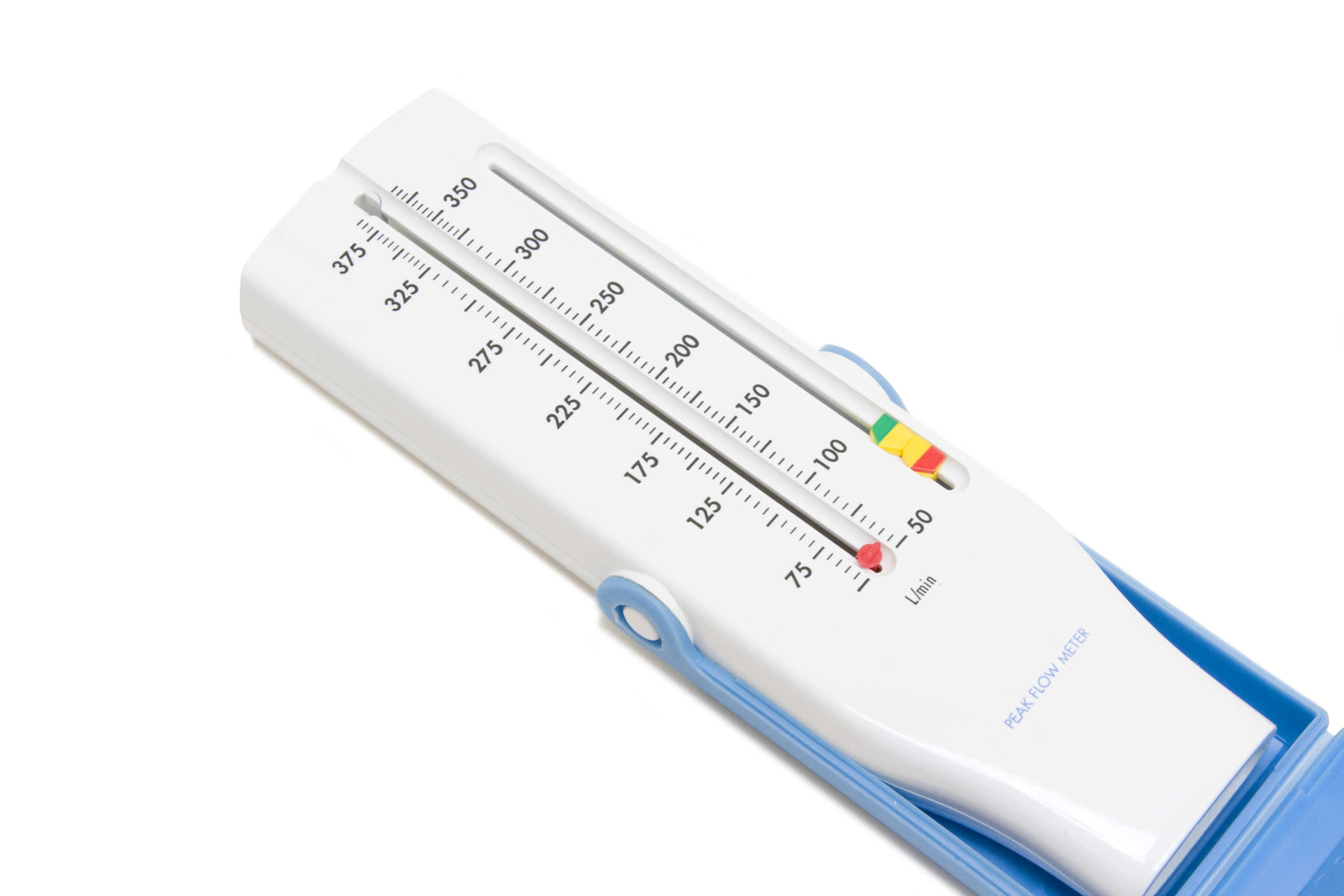
Early warning signs of an asthma attack are changes that happen before or at the very beginning of an asthma attack. Early warning signs vary amongst individuals. To know your individual signs, you will have to identify them from your previous asthma experience. Once you managed to recognise these signs, you may be able to stop an asthma episode or prevent one from getting worse. These signs are not severe enough to stop a person from going about his or her daily activities. They may precede an asthma attack by days or hours or just as it began.
These signs include:
These particular early signs tend to be the most common ones reported. They are not the only signs you may encounter and not all apply to everyone.
Hence, start paying close attention to your body. The severity of an asthma attack can escalate rapidly, so if you are attuned to your own early warning signs, it can help you seek treatment early and recover quickly.
Keep an asthma journal and write down how you are feeling, your symptoms and peak flow every day. The reading of peak flow meter is indicative of how well air moves out of your lungs, and if it is decreasing, your asthma may be getting worse.
If you did not recognise your early asthma signs, you may need to use a peak flow meter regularly. Keep track of your warning signs and peak flow numbers and you’ll start to notice a pattern that predicts an onset of an asthma attack.

Once you know your early warning signs, treat these symptoms immediately when it occurs. If you suspect that there is an impending asthma attack because of a trigger, stop what you are doing, remove yourself from the situation, and seek treatment according to your asthma management plan if necessary. By removing the triggers right away (eg: exercise, dust mites, pollen) or taking the appropriate medication, you may prevent it from becoming a full-fledged asthma attack. The actions to be taken should all be described in your own individualized Asthma Action Plan as prescribed by your doctor.
|
Previous article How to Choose a Nebulizer? |
Next article How to be Prepared when Your Child has Asthma |